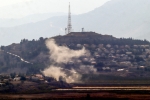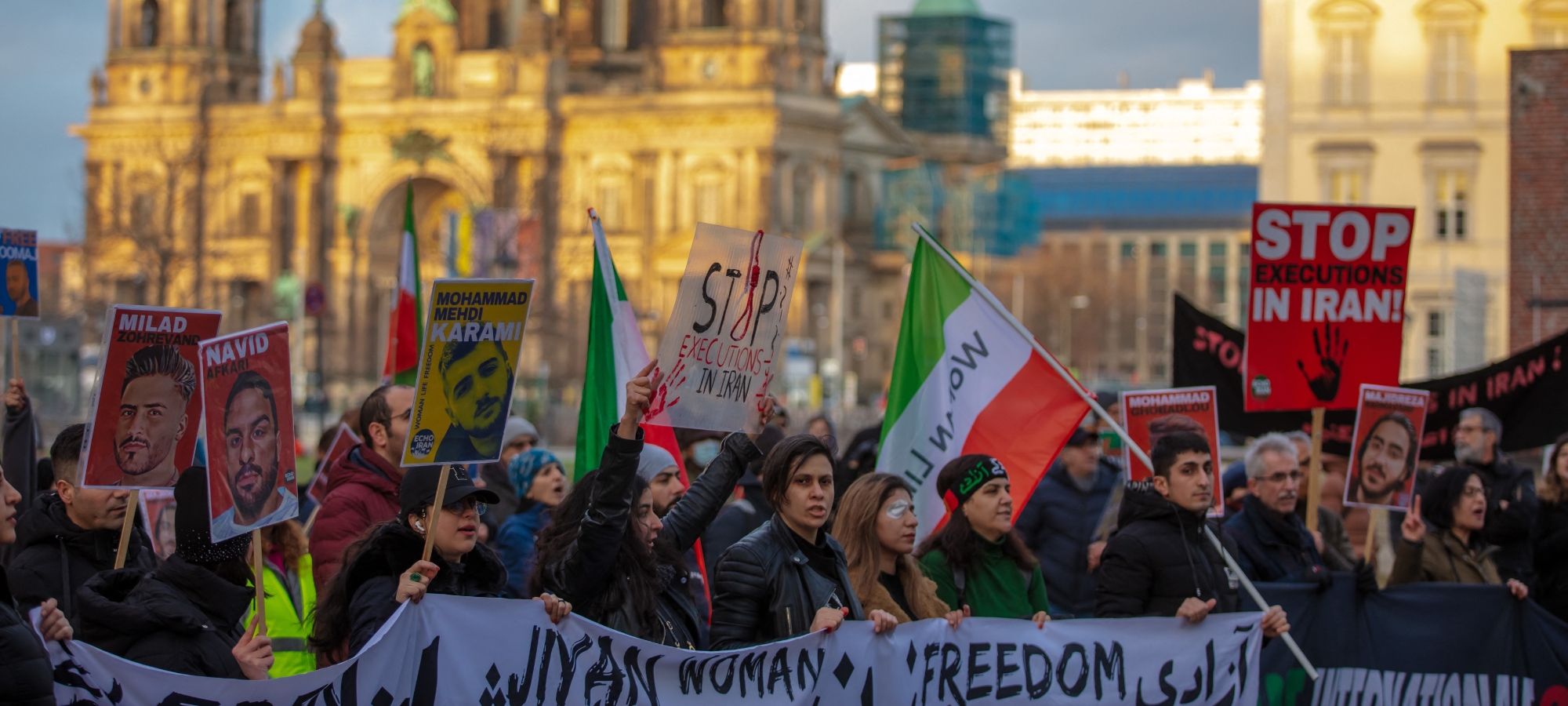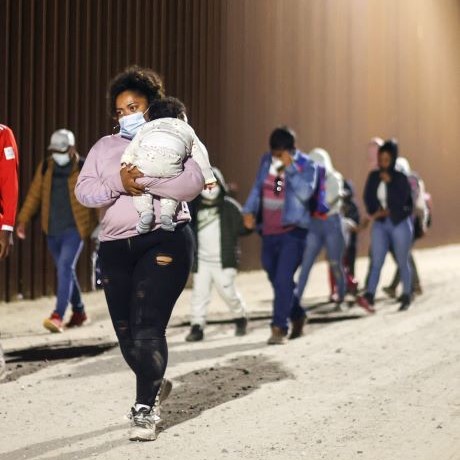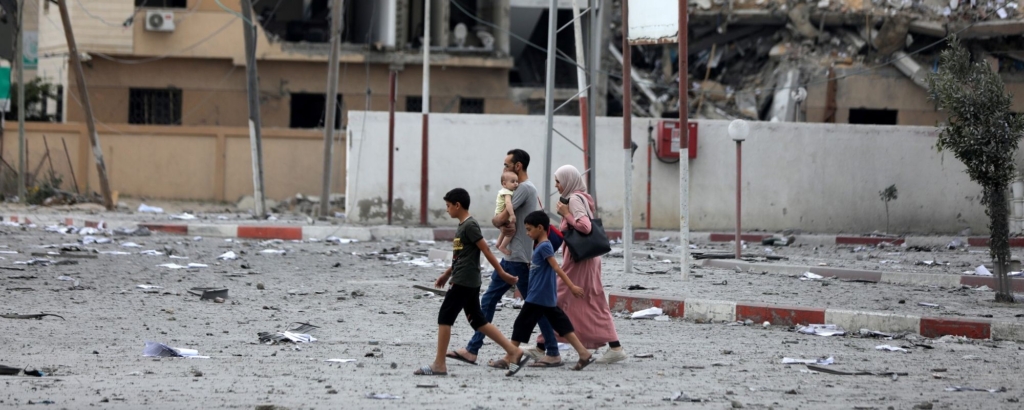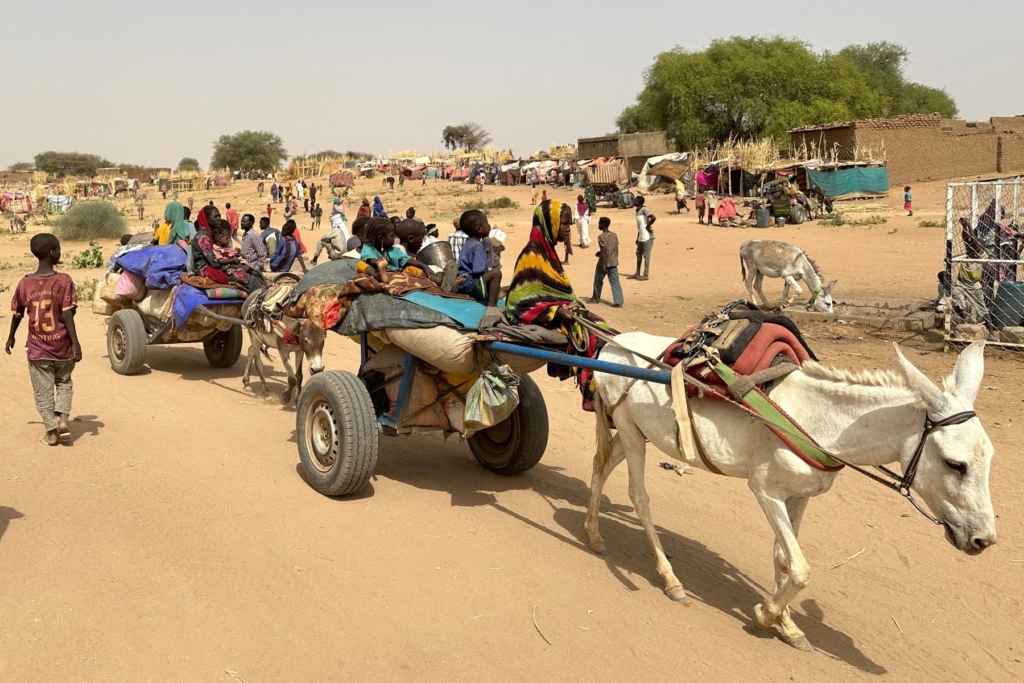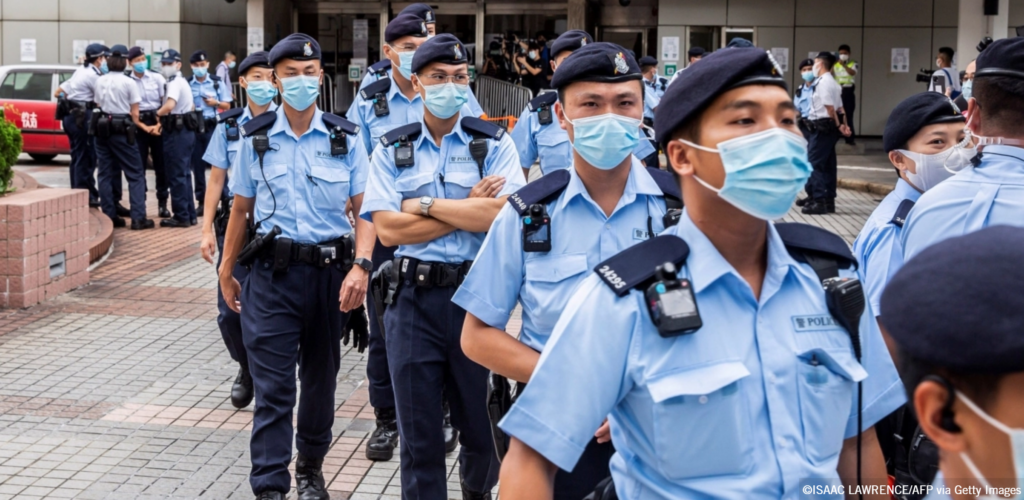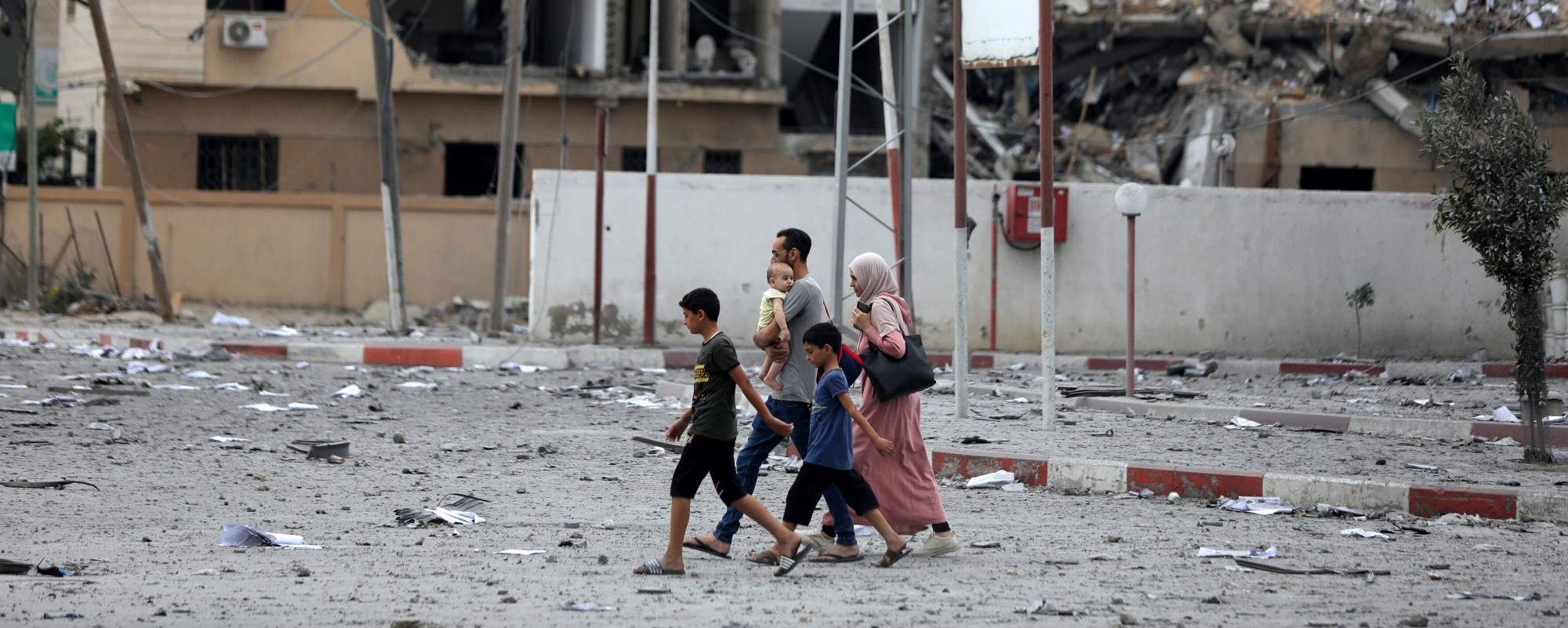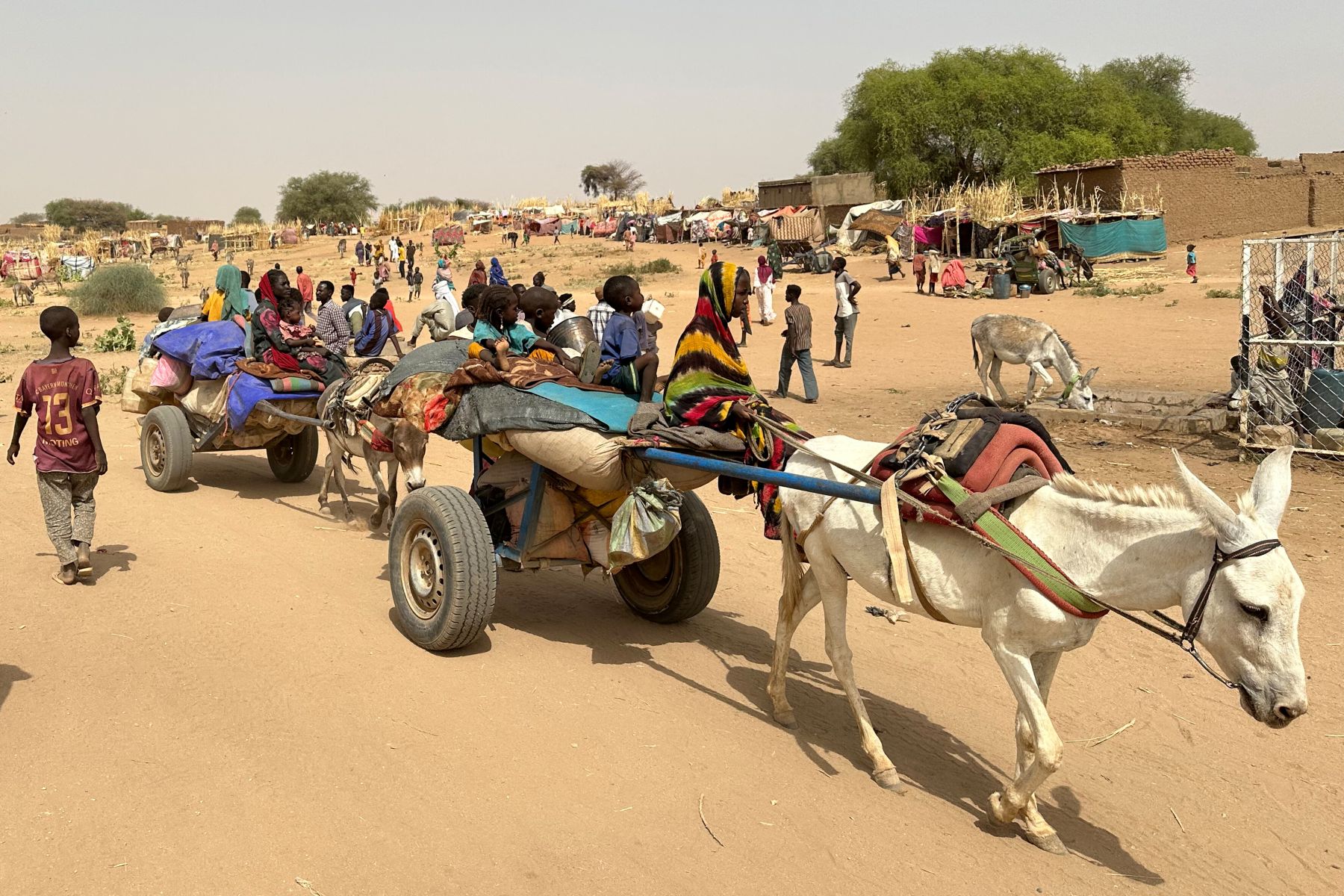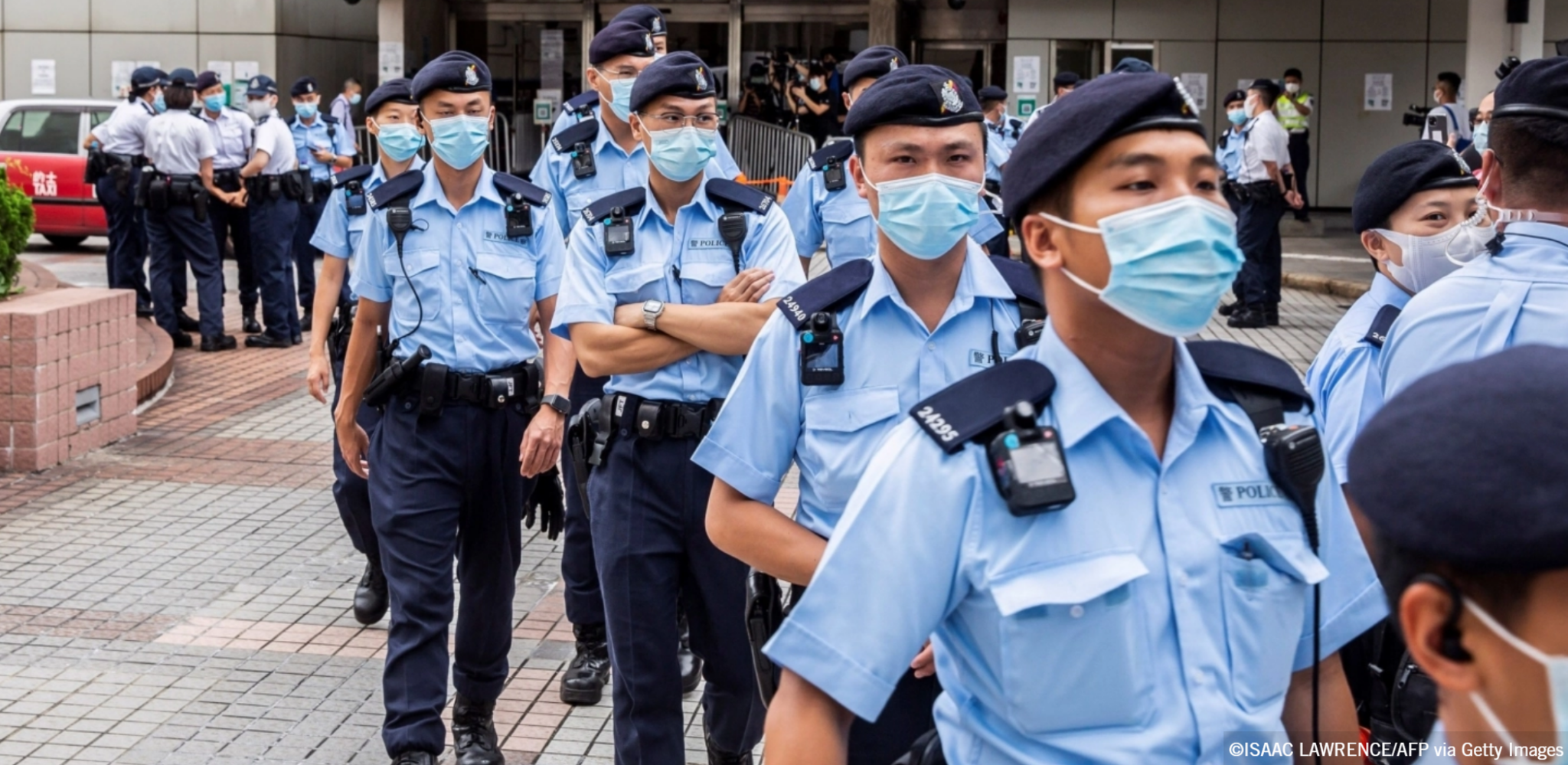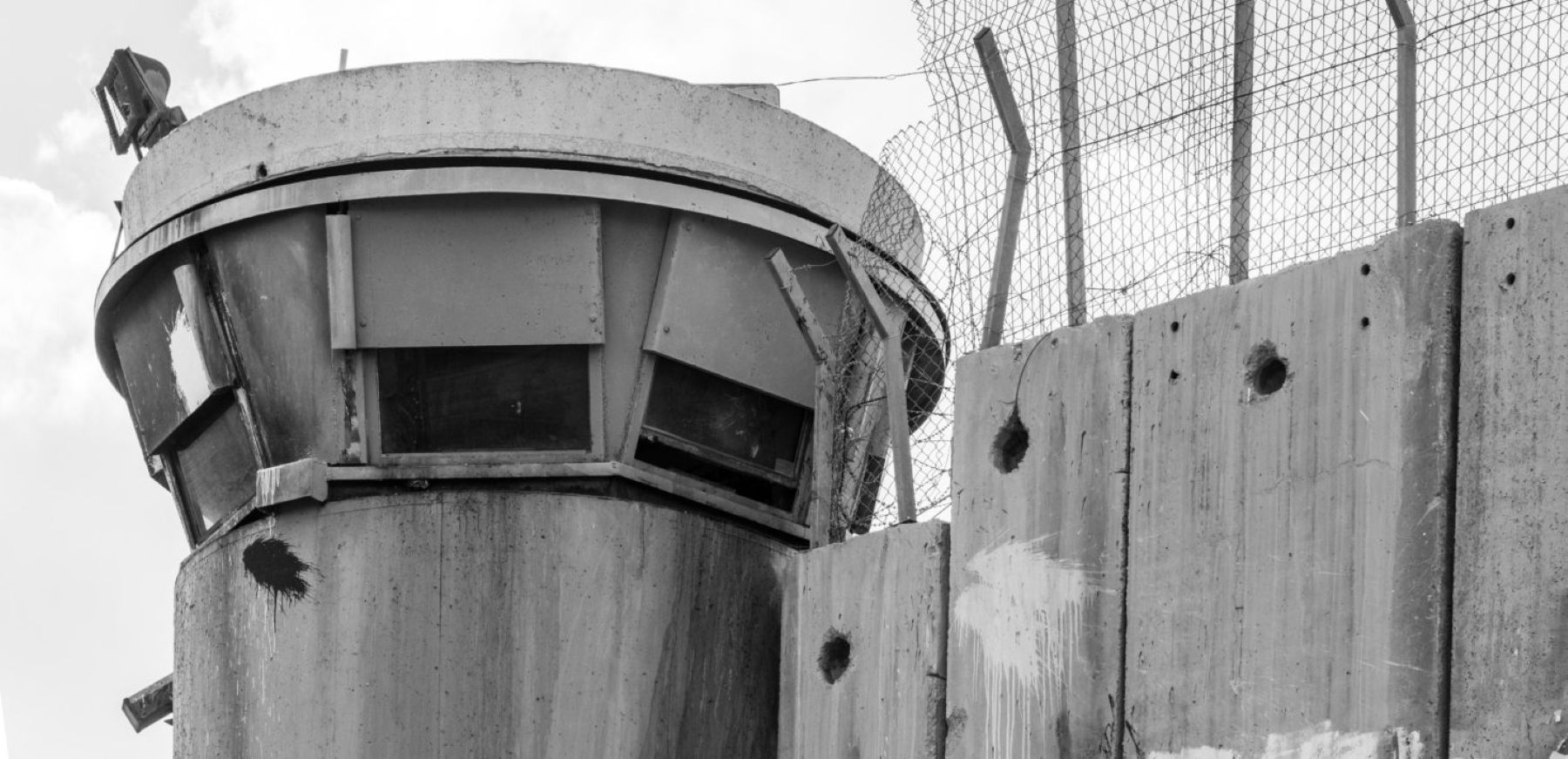Executions soared to their highest number in almost a decade in 2023 with a sharp rise across the Middle East, Amnesty International said today as it released its annual report on the global use of the death penalty.
A total of 1,153 executions took place in 2023, which does not include the thousands believed to have been carried out in China, marking an increase of more than 30% from 2022.
Amnesty Death Penalty Report Highlights
- Spike in executions in Iran leads to highest number of executions since 2015
- Progress in the USA falters as the number of executions rises
- China continues to execute thousands while threatening the public that crime will result in the death penalty
- The lowest number of executing countries on record shows progress
Amnesty International recorded the highest number of executions since 2015 when 1,634 people were known to have been executed. Despite this increase, the number of countries that carried out executions reached the lowest figure on record with Amnesty International.
“The huge spike in recorded executions was primarily down to Iran. The Iranian authorities showed complete disregard for human life and ramped up executions for drug-related offences, further highlighting the discriminatory impact of the death penalty on Iran’s most marginalized and impoverished communities,” said Agnès Callamard, Amnesty International’s Secretary General.
“Despite the setbacks that we have seen this year, particularly in the Middle East, countries that are still carrying out executions are increasingly isolated. Our campaigning against this abhorrent punishment works. We will continue until we have put an end to the death penalty.”
The global view: death sentences and executions 2009-2023
* This map indicates the general locations of boundaries and jurisdictions and should not be interpreted as Amnesty International’s view on disputed territories.
** Country names listed reflect nomenclature in May 2024
Top five countries by number of executions
The five countries with the highest number of executions in 2023 were China, Iran, Saudi Arabia, Somalia and the USA. Iran alone accounted for 74% of all recorded executions while Saudi Arabia accounted for 15%. Somalia and the USA carried out an increased number of executions in 2023.
There was a 20% increase in the number of death sentences handed out globally in 2023, taking the total to 2,428.
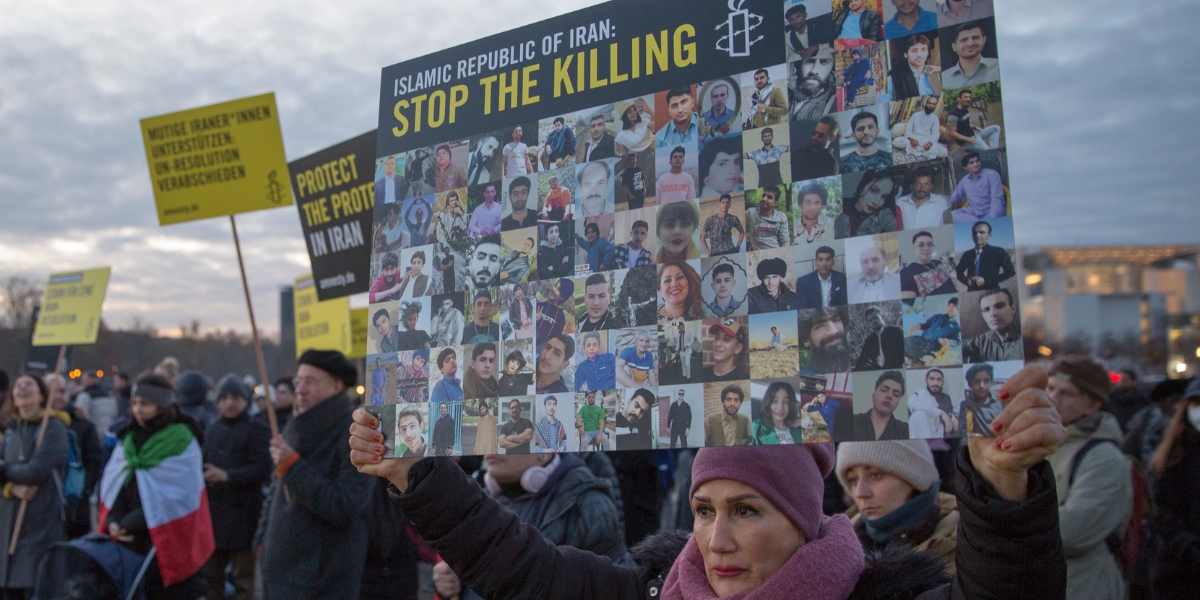
Executions in Iran soar
In Iran, the authorities intensified their use of the death penalty to instil fear in the population and tighten their grip on power, carrying out executions across the country. At least 853 people were executed, marking a 48% rise from 576 in 2022. The executions disproportionately impacted Iran’s Baluchi ethnic minority who accounted for 20% of recorded executions even though they make up around 5% of Iran’s population. At least 24 women and at least five people who were children at the time of the crime were executed.
Of the recorded executions in Iran, at least 545 were unlawfully carried out for acts that should not result in the death penalty under international law, including drug-related offences, robbery and espionage. Execution for drug-related offences surged and constituted 56% of recorded executions in 2023, an increase of 89% from 255 executions recorded in 2022.
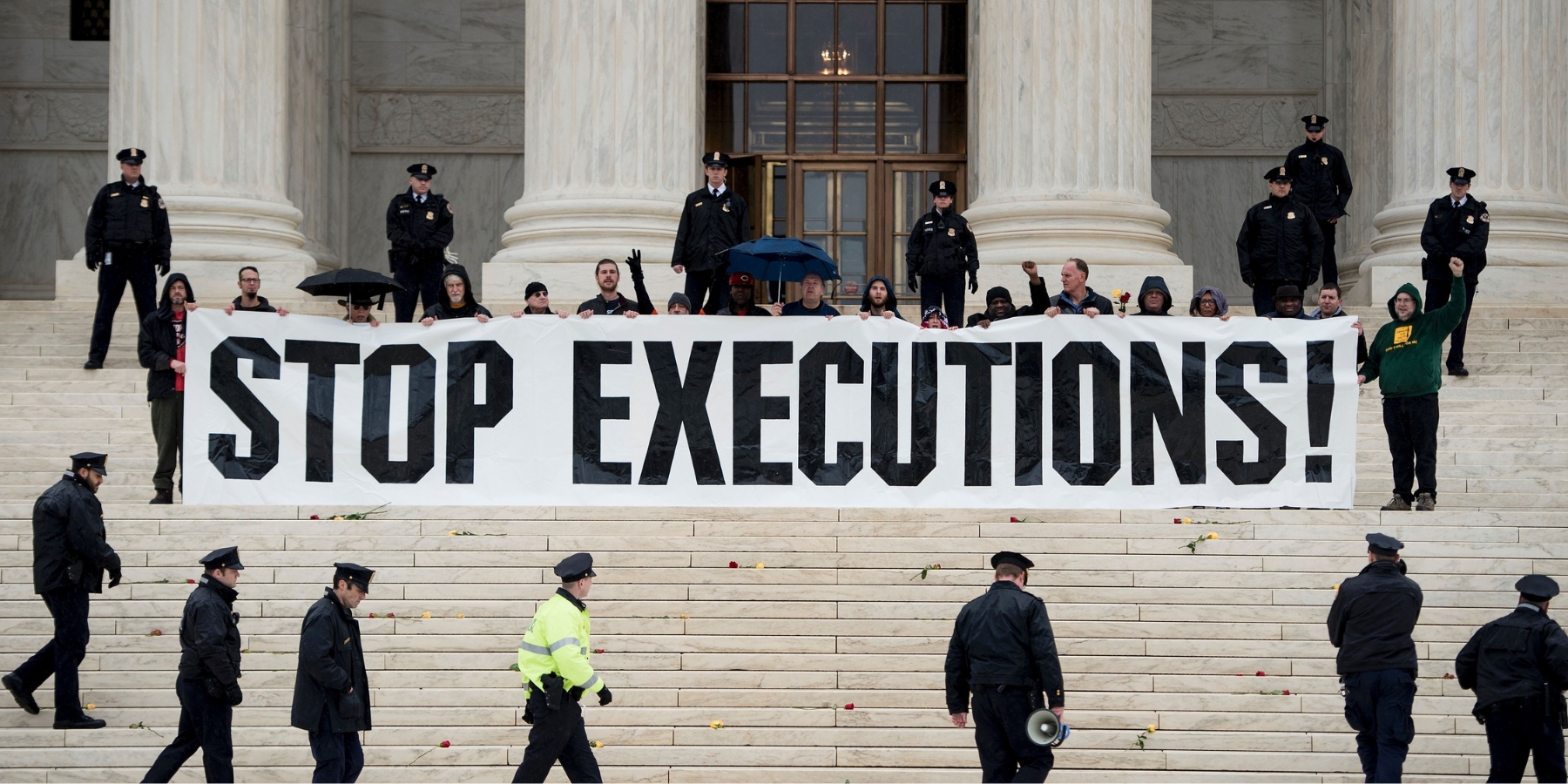
Setbacks are seen across the USA and sub-Saharan Africa
Progress faltered in the USA as executions rose from 18 to 24. Bills to carry out executions by firing squad were introduced in Idaho and Tennessee, while the state assembly of Montana considered a measure to expand the substances used in lethal injections. In South Carolina, a new law was signed to conceal the identity of people or entities involved in the preparation or carrying out of executions.
“A select number of US states demonstrated a chilling commitment to the death penalty and a callous intent to invest resources in the taking of human life. Executions via the cruel new method of nitrogen asphyxiation have also come into use with Alabama shamefully using this untested method to kill Kenneth Smith earlier this year, just 14 months after subjecting him to a botched execution attempt,” said Agnès Callamard.
“President Biden must stop delaying his promise to abolish the federal death penalty.”
There were further setbacks elsewhere as recorded death sentences and executions surged in Somalia. Recorded executions there more than tripled from 11 in 2022 to 38 in 2023. Recorded death sentences across sub-Saharan Africa increased sharply by 66%, from 298 in 2022 to 494 in 2023. Furthermore, no country in the region abolished the death penalty in 2023.
State secrecy
Due to state secrecy, the Amnesty Death Penalty Report numbers do not include the thousands of people believed to have been executed in China, which remains the world’s lead executioner. Similarly, the organization was unable to put forward figures for North Korea and Viet Nam, countries believed to resort to executions extensively.
However, the limited number of official reports that did emerge from these countries sent clear messages to the public that crime or dissent would be punished by death, showing that the death penalty continued to be a tool in the state’s weaponry to maintain control and repress dissent.
In China, reports in state media were used to remind people that crimes such as drug trafficking and bribery would be harshly punished and result in execution, while North Korea published a new law that included the death penalty as a possible punishment for those who did not use the native Korean language. Meanwhile, military authorities in Myanmar continued to impose death sentences in military-controlled courts, in secretive and grossly unfair proceedings.
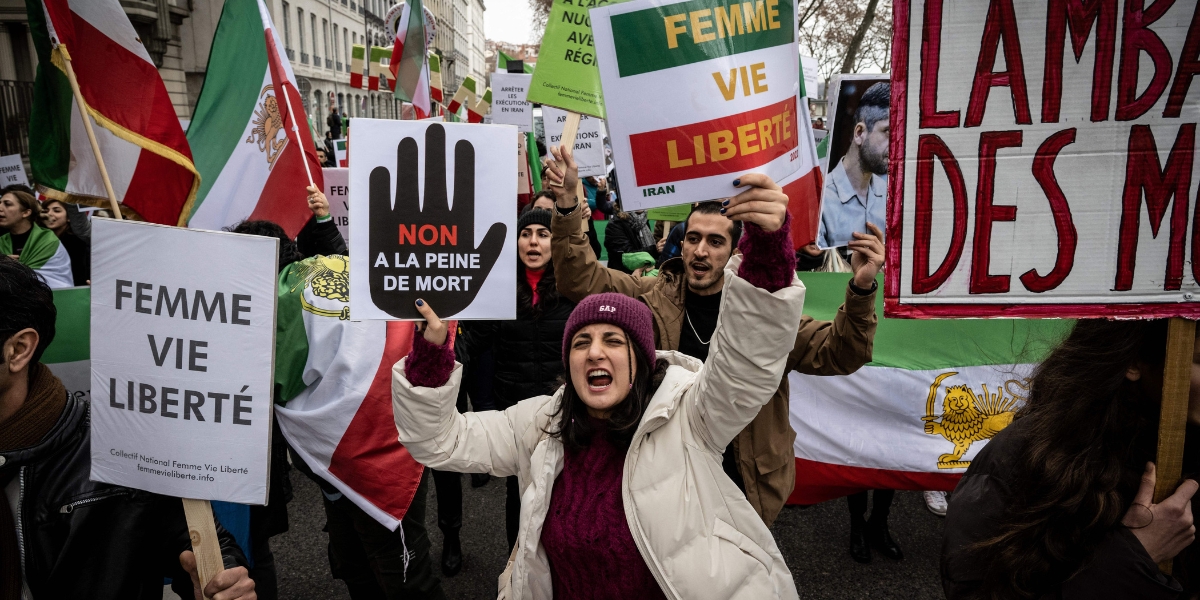
Despite setbacks, progress continued
Despite the actions of a few, progress continued. Currently, 112 countries are fully abolitionist and 144 in total have abolished the death penalty in law or practice.
Executions were recorded in 16 countries, the lowest number recorded by Amnesty International. No executions were recorded in Belarus, Japan, Myanmar and South Sudan, all of which carried out executions in 2022.
In Asia, Pakistan repealed the death penalty for drug-related offences, while the mandatory death penalty was abolished in Malaysia. The authorities of Sri Lanka confirmed that the President did not intend to sign execution warrants, abating concerns of executions resuming.
Although no country abolished the death penalty in sub-Saharan Africa, bills to abolish the punishment remain pending in Kenya, Liberia and Zimbabwe. In Ghana, the Parliament voted in favour of two bills that removed the death penalty from current legislation but, by the end of 2023, the bills had not yet become law.
“The inherent discrimination and arbitrariness that mark the use of the death penalty have only compounded the human rights violations of our criminal justice systems. The small minority of countries that insist on using it must move with the times and abolish the punishment once and for all,” said Agnès Callamard.
“The death penalty will again come under scrutiny at this year’s UN General Assembly. Amnesty International urges all governments to rally behind the UN’s call to end the use of the death penalty in a vital show of commitment to human rights.”
Global figures
Global executions
Amnesty International recorded 1153 executions in 16 countries in 2023, marking a 31% increase from the 883 recorded in 2022. This figure represents the highest number of executions that Amnesty International has recorded in close to a decade (since 2015, when 1,634 executions were recorded).
China remained the world’s leading executioner, but the true extent of its use of the death penalty remains unknown as this data remains classified as a state secret. The global figure recorded by Amnesty International excludes the thousands of executions believed to have been carried out in China, as well as those carried out in Viet Nam and North Korea where Amnesty International believes the death penalty was resorted to extensively.
Most known executions took place in China (1000s), Iran (at least 853), Saudi Arabia (172), Somalia (at least 38), and the USA (24).
Women were known to have been executed in four countries: China (+), Iran (24), Saudi Arabia (6) and Singapore (1).
Amnesty International recorded executions in 16 countries, compared to 20 countries in 2022.
Violating international law
508 executions were recorded for drug-related offences: 481 in Iran; 1 in Kuwait, 19 in Saudi Arabia; 5 in Singapore; and in China (+*). The total number of 508 constituted 44% of the total globally.
At least 8 public executions were recorded in Afghanistan (1+) and Iran (7).
In Iran, at least 5 people were executed for crimes that occurred when they were below 18 years of age.
No executions were recorded in Belarus, Japan, Myanmar and South Sudan, all countries that carried out executions in 2022 (20 countries in total).
The following methods of execution were used in 2022: beheading, hanging, lethal injection and shooting.
Global death sentences
At least 2,428 new death sentences across 52 countries were imposed in 2023, compared to at least 2,016 in 52 countries in 2022.
Amnesty International recorded commutations or pardons of death sentences in 27 countries.
Five countries — Belarus, Cameroon, Japan, Morocco/Western Sahara and Zimbabwe — imposed death sentences after a hiatus.
Amnesty International recorded at least 9 exonerations of prisoners who had been sentenced to death in three countries: Kenya (5), the USA (3), and Zimbabwe (1).
Globally, at least 27,687 people were under sentence of death at the end of 2022.
Abolishing the death penalty
At the end of 2023, 112 countries were fully abolitionist and 144 in total had abolished the death penalty in law or practice.
The inherent discrimination and arbitrariness that mark the use of the death penalty have only compounded the human rights violations of our criminal justice systems.
Agnès Callamard, Amnesty International’s Secretary General
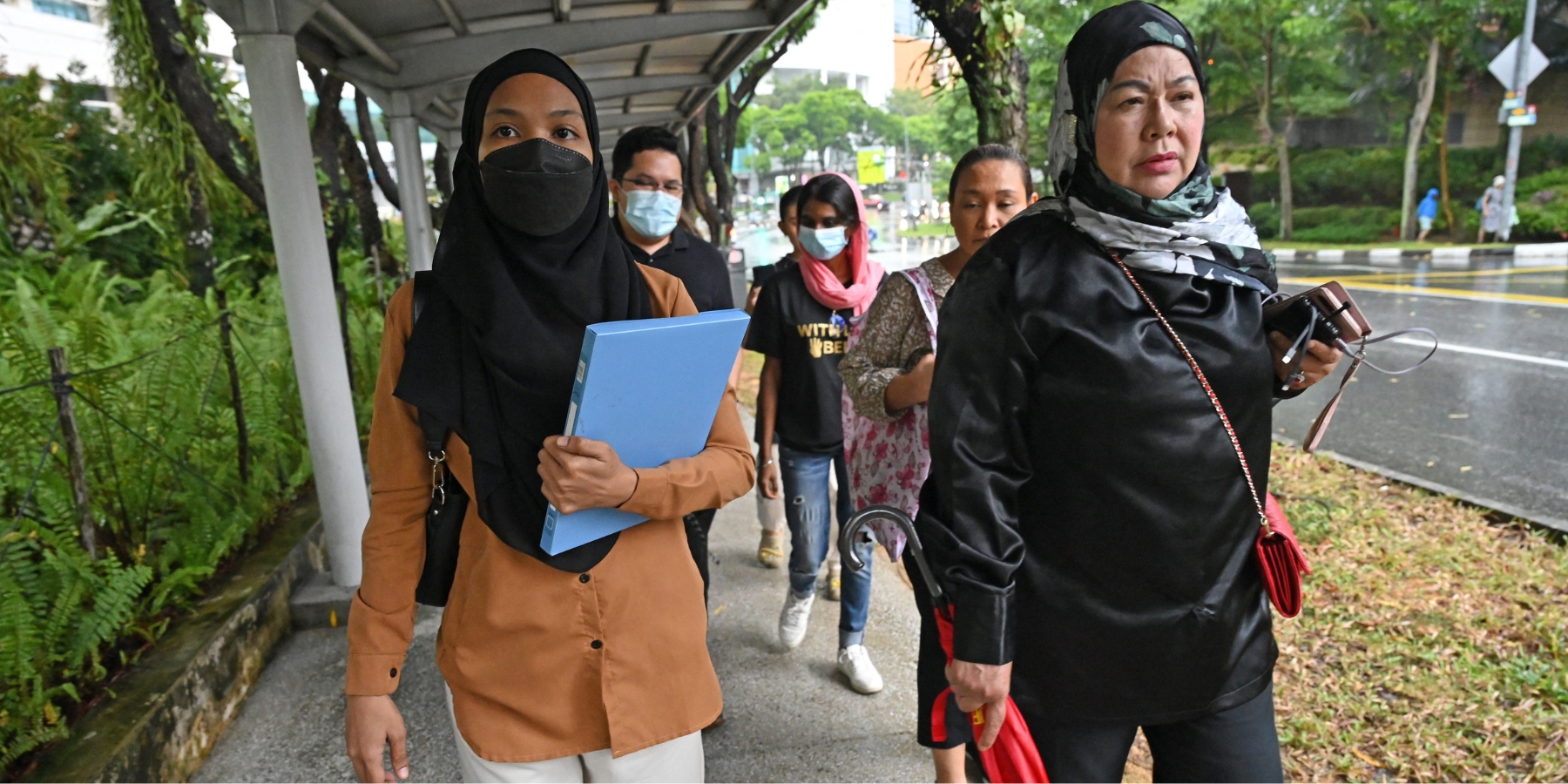
Regional analysis
Americas
For the 15th consecutive year, the USA remained the only country in the region to carry out executions.
The number of executions carried out in the USA increased by 33%, rising from 18 in 2022 to 24 in 2023.
Florida carried out its first executions (6) and US federal authorities imposed their first death sentence since 2019.
For the seventh consecutive year, Guyana, Trinidad and Tobago and the USA were the only countries in the region that imposed new death sentences.
Asia-Pacific
Asia-Pacific continued to be the region with the highest number of executions in the world.
In Asia-Pacific, six countries (Afghanistan, Bangladesh, China, North Korea, Singapore and Viet Nam) are known to have carried out executions in 2023, a decrease from eight in 2022.
No executions were recorded in Japan and Myanmar, countries which executed people in 2022.
A total of 948 new death sentences were imposed in the region, based on available information, a 10% increase from 2022, when at least 861 people were known to have been sentenced to death.
Malaysia repealed the mandatory death penalty for all offences and reduced the scope of this punishment; Pakistan abolished the death penalty for drug-related offences; and the authorities of Sri Lanka affirmed their intention not to carry out executions.
Europe and Central Asia
Belarus remained the only country in Europe to use the death penalty, sentencing one person to death in 2023.
Russia and Tajikistan continued to observe moratoriums on executions.
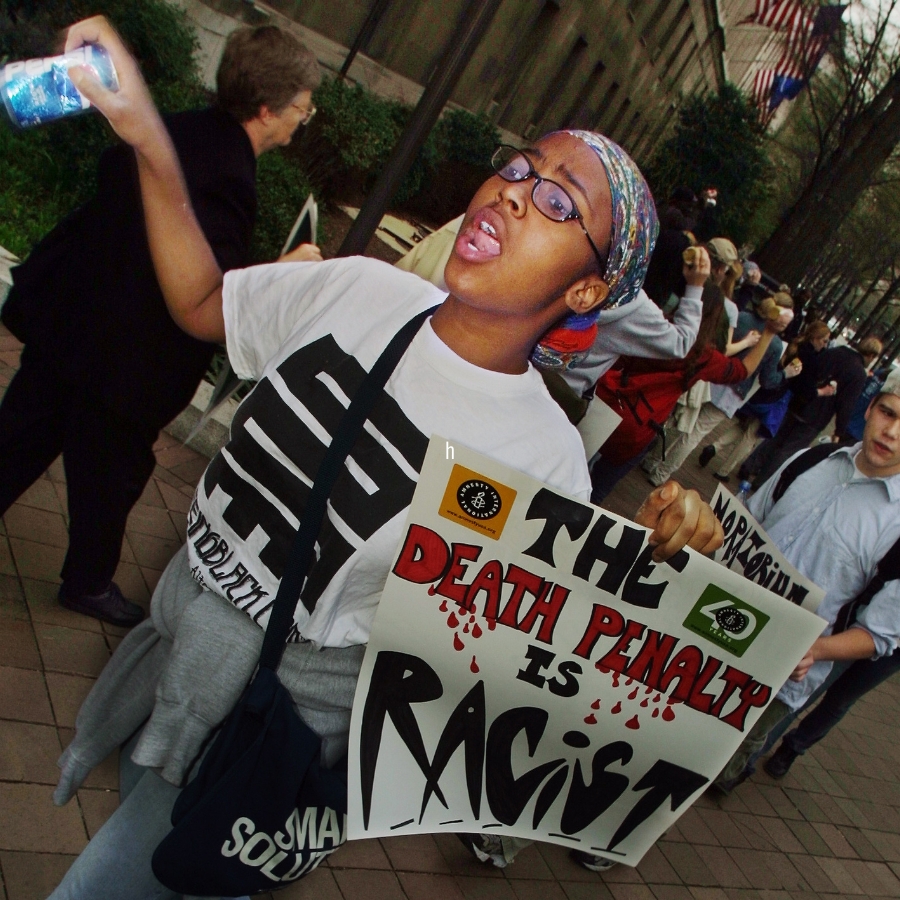
The Middle East and North Africa
The number of executions recorded in the Middle East and North Africa region increased by 30%, rising from 825 in 2022 to 1,073 in 2023.
Recorded death sentences also increased, from 827 in 2022 to 950 in 2023.
Iran, Saudi Arabia and Iraq were the top three executing countries in the region in 2023. They accounted for 97% of all recorded executions in the region: Iran (80%), Saudi Arabia (16%) and Iraq (1%),
In total eight countries carried out executions in the region in 2023 – Egypt, Iran, Iraq, Kuwait, Palestine (State of), Saudi Arabia, Syria and Yemen.
Sub-Saharan Africa
Recorded executions in the region more than tripled from 11 in 2022 to 38 in 2023.
All 38 executions took place in one country – Somalia.
Death sentences were recorded in 14 countries in 2023, compared to 16 in 2022.
Recorded death sentences increased sharply by 66%, from 298 in 2022 to 494 in 2023.
Four countries (Kenya, Liberia, Zimbabwe and Ghana) took positive legislative steps towards the abolition of the death penalty.
*When calculating global and regional totals, “+” has been counted as two.
Previous reports
- Amnesty Death Penalty Report 2022: Recorded executions highest in five years
- Amnesty Death Penalty Report 2021: State-sanctioned killings rise as executions spike in Iran and Saudi Arabia
- Amnesty Death Penalty Report 2020: Despite Covid-19, some countries ruthlessly pursued death sentences and executions
- Amnesty Death Penalty Report 2019: Saudi Arabia executed a record number of people last year amid a decline in global executions
Top Image: Iranian members of the diaspora, and activists, gathered in front of the German Federal Foreign Office in Berlin during the ‘United Against Executions in Iran’ protest on January 27, 2024. Photo by Echo Iran / Middle East Images / Middle East Images via AFP.











